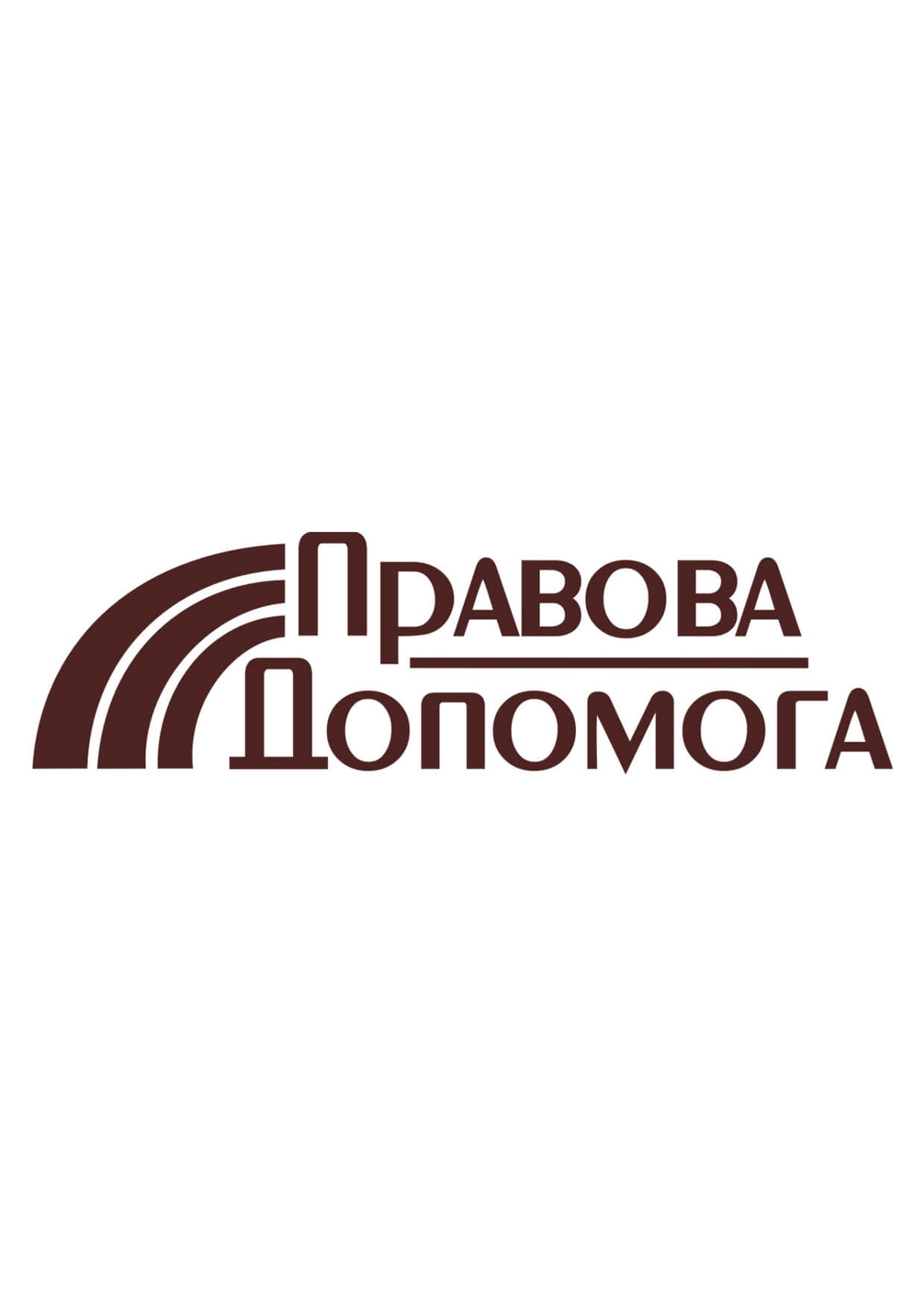Organization of remote work and legal nuances of quarantine workflow organization

The introduction of quarantine in the country has forced many entrepreneurs to transfer their employees to remote working. Now that quarantine is gradually easing, someone is happy to be able to restore the office work, and someone is thinking of switching to remote working on a permanent basis.
The work of employees remotely gives you the opportunity to save on office rent and related costs, which looks very tempting. But most business owners are concerned about the question, How can you clearly monitor the work of your employees if they work remotely?
That is what we are going to talk about today. We will also answer a few questions about work regulations that employers asked us during quarantine.
How can managers legally exercise control over their employees working remotely?
In order to ensure control over the employees’ performance of their duties, the manager must adopt an appropriate order which shall specify the following:
- The time during which the employee must be present at the workplace;
- The address of the remote workplace;
- The employer’s ability to communicate with the employee using a mobile phone (indicating the telephone numbers of both parties), video communication programs (indicating the relevant details) during the working hours;
- The deadline for completing the tasks received from the employer, the list of which will be provided before the start of remote work, which the employee will be familiarized with against signature, or which will be sent to him/her by e-mail;
- The procedure for submitting the work performed by the employee by e-mail (indicating the e-mail address of both parties).
It is necessary to acquaint the employee with this order against his/her signature.
You can use computer programs with screenshots of the monitor screen, but this method should be used only when performing work on the employer’s computer and subject to the necessary procedural nuances of such use.
Can the employer postpone payment of wages if there are no funds for payment? Can force majeure be used in this situation?
The answer to the first question is no. According to part 1 of Article 115 of the Labour Code of Ukraine, salary should be paid to employees at least twice a month in a period not exceeding sixteen calendar days, and not later than seven days after the end of the period for which the payment is made. There are no exceptions to this Article.
However, in accordance with Article 617 of the Civil Code of Ukraine, a person who has violated an obligation is exempt from liability for its violation if he/she proves that the violation was due to an event of force majeure. In particular, the debtor’s lack of the necessary financial resources shall not be considered such an event.
For example, the employer may be relieved, during force majeure, of liability for the late performance of the obligation to pay on time, provided that the employer was not able (e.g. technically) to pay wages (these circumstances in turn must be confirmed by a certificate of the Chamber of Commerce and Industry).
What is the maximum duration of paid and unpaid leave during quarantine?
With regard to paid vacation, there are no innovations and the employee has 59 leave days in a year, because in accordance with part 3 of Article 10 of the Law of Ukraine “On Leave”, the total duration of annual basic and additional leaves may not exceed 59 calendar days.
As for the maximum duration of unpaid leave, part 2 of Article 26 of the Law of Ukraine “On Leave” stipulates that if quarantine is established by CMU, the term of unpaid leave for the quarantine period is not included in the total term (i.e. 15 days per year). Taking into account the above maximum duration of unpaid leave: 15 leave days per year + entire quarantine period.
Is it legal to check the employee’s health condition (e.g. temperature measurements) in the office?
Yes, according to par. 1 of clause 1 of the temporary recommendations approved by the Resolution of the Chief State Sanitary Doctor of Ukraine No. 16 dd. 09.05.2020, temperature shall be measured for all employees before the shift starts. Moreover, the government now obliges all institutions that work with Clients to carry out such temperature screening at.
When are employers obliged to suspend an employee from work as part of preventive measures, and what happens if they don’t do so?
The Resolution of the Chief State Sanitary Doctor of Ukraine No. 16 dd. 09.05.2020 stipulates that the employer is obliged to suspend workers with body temperature over 37.2 degrees or signs of respiratory diseases from work.
Liability: Article 44-3 of the COA stipulates that violation of the quarantine rules shall entail fines imposed on citizens (from UAH 17,000 to UAH 34,000) and on officials (from UAH 34,000 to UAH 170,000).
Can employers fire an employee for failure to implement preventive measures?
No, they can’t. However, Article 139 of the Labor Code provides for the obligation of each employee to follow the employer’s instructions. The employer has the right to require the employee to comply with preventive measures under Resolution No. 16 of the Chief State Sanitary Doctor of Ukraine dd. 09.05.2020. And in case of the employee’s failure to comply with the employer’s instructions, the latter has the right to reprimand the employee, and in case of repeated violations, dismiss him/her. Grounds - Article 40 and 147 of the Labour Code.
What rules shall apply to the reduction of employees during COVID-19?
There are no special rules for reducing employees during quarantine. Reductions during quarantine should therefore be governed by the provisions of the Labour Code.
In terms of formalizing an employment relationship in a company, it is important to understand that quarantine is coming to an end and that your relationship with your employees, however they may have changed during quarantine, must be formalized properly, in accordance with the law.
If you want to safely transfer your employees to remote working, or if you want to properly arrange office work, don’t hesitate to call us. We will provide all the necessary information and help you avoid fines or other problems with regulatory authorities.
Our clients






